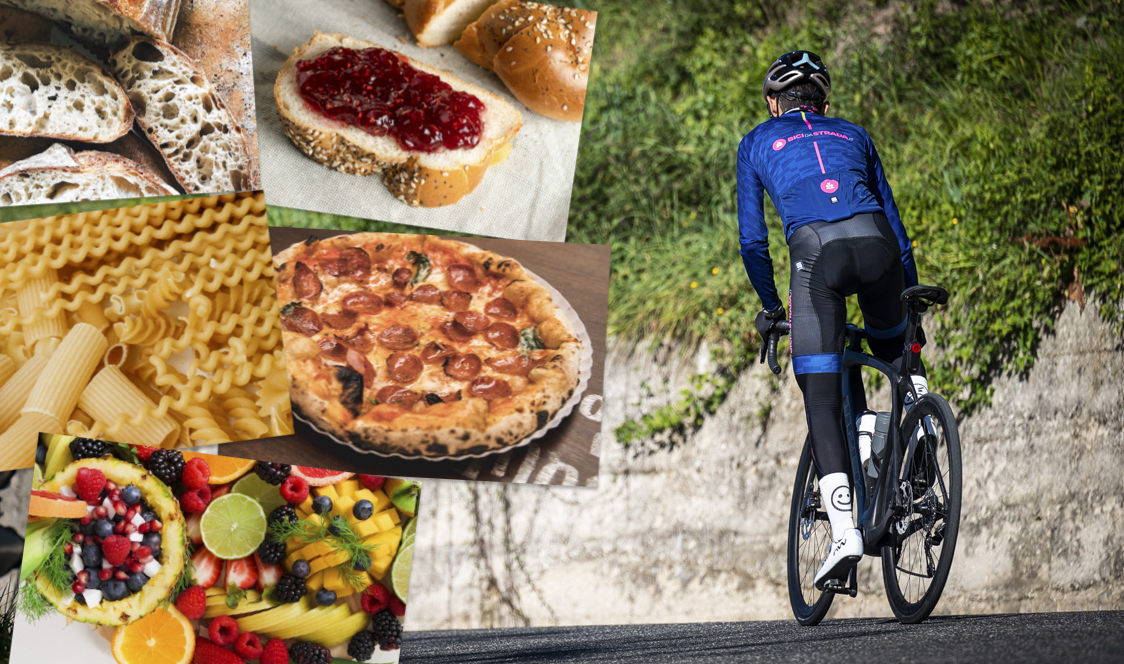Nutrition and cycling.
An indissoluble and very important combination, since what we eat has a significant impact on our sports performance. We can train well and hard, but if we feed ourselves badly, our body will never be able to express its maximum potential.
Good nutrition, however, goes beyond physical activity and the concept of performance.
What we eat, in fact, not only affects our sports performance, but it does it even more on our general state of health.
That’s why with this article we’re launching a periodic column on nutrition, which will have special regard for those who practice cycling and sport in general, but which will also touch on topics of general interest, also useful for those who don’t exercise.
The goal is to do it in simple and clear language, based on scientific evidence and not on hearsay or current fashions. This is why we will do it with the help of industry experts.
There will be more complex content, others more simple and direct, perhaps the result of questions and doubts from readers and enthusiasts.
In this first episode we’ll talk about carbohydrates and we will do it together with Francesco Pasqualoni, with whom we have already collaborated for the creation of other contents. Pasqualoni is a nutritionist biologist, a great sports fan and author of the book “Nutrition, supplementation and body composition”.
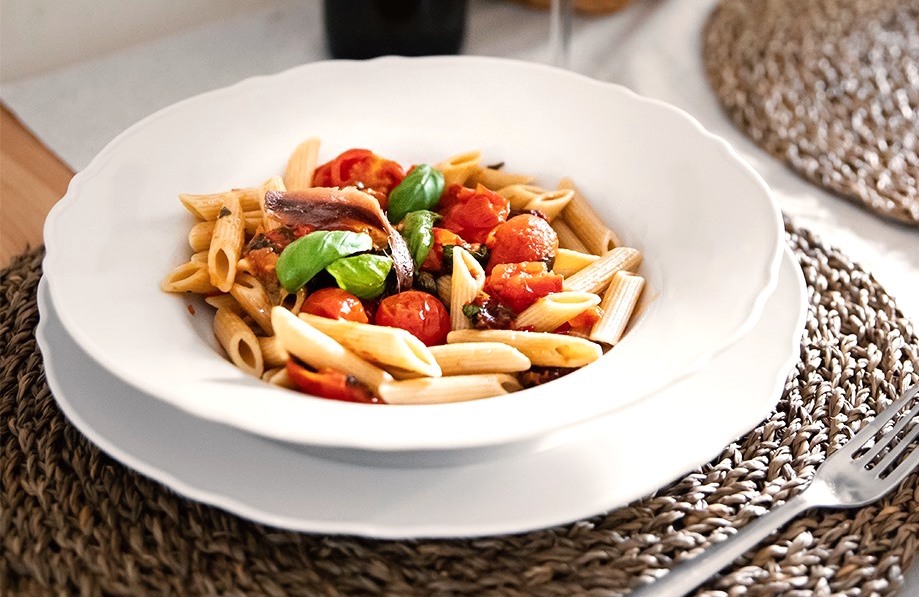
What are carbohydrates and what are they for in our body?
The carbohydrates are there best source of energy that our body has at its disposal, not only when we play sports.
We can also get energy from fats and proteins, but carbohydrates are better, because they are “fast, universal and clean”. What does it mean?
fast, that is, the time that elapses between their intake and the moment in which they are available to the muscles is shorter than that necessary for the transformation of proteins and fats. Although, as we will see later, these times vary according to the type of carbohydrates.
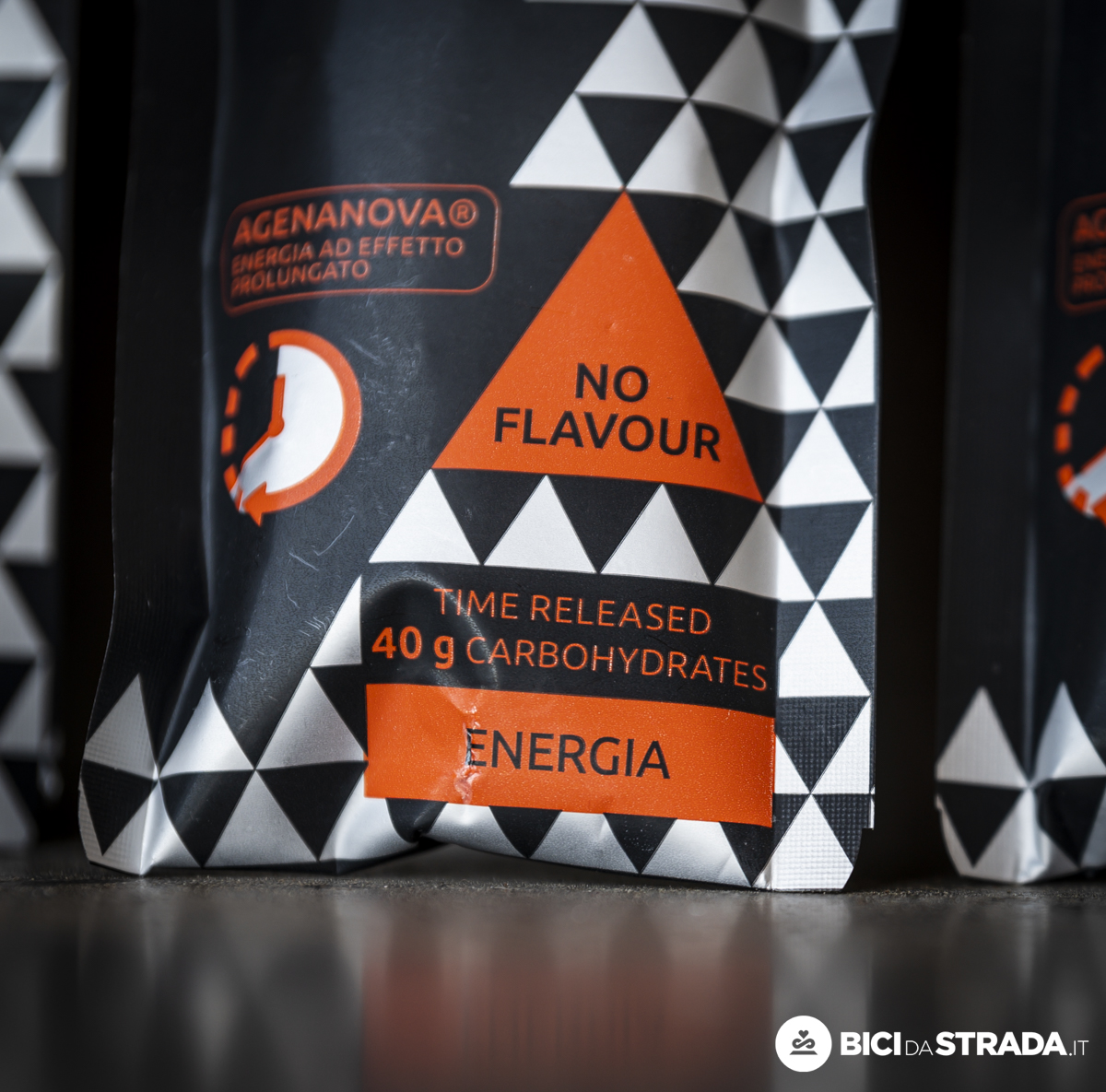
Universal, that is, they can be used in any condition of muscular work. To be clear, if for a limited intensity outing the body can efficiently use even fats as a source of energy, the most intense commitments – to be precise when one begins to enter the anaerobic zone – can only be sustained thanks to the presence of carbohydrates.
clean, since the combustion of carbohydrates leads to the production of energy, water and carbon dioxide, without any waste. Proteins, on the other hand, can be used for energy purposes but generating metabolic waste such as urea, which could weigh down the body because it requires detoxification by the liver and kidneys.
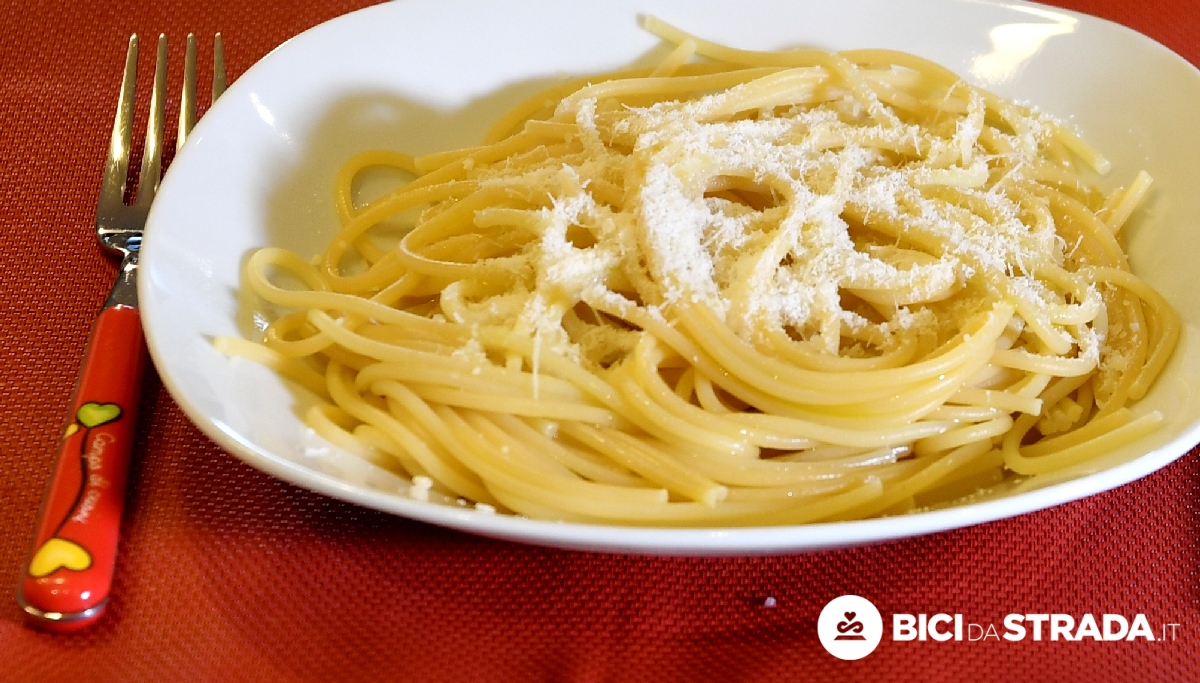
Many demonize them, but is it right?
Nothing more wrong. In case of intense physical activity, demonize carbohydrates and drastically reduce their use it has no scientific basis.
The widespread fear is that they make you fat.
Well, the truth is that any food eaten in larger quantities than really necessary makes you fat, since the body, by not using it, will transform it into deposit fats. This happens with carbohydrates, but also with proteins.
In order not to gain weight, we simply need to avoid introducing more calories than we burn. Although in addition to the quantity, you must also keep an eye on the quality of the food.
The problem is that if we limit their caloric intake by reducing carbohydrates, we may not gain weight, but we could also negatively affect sports performance.
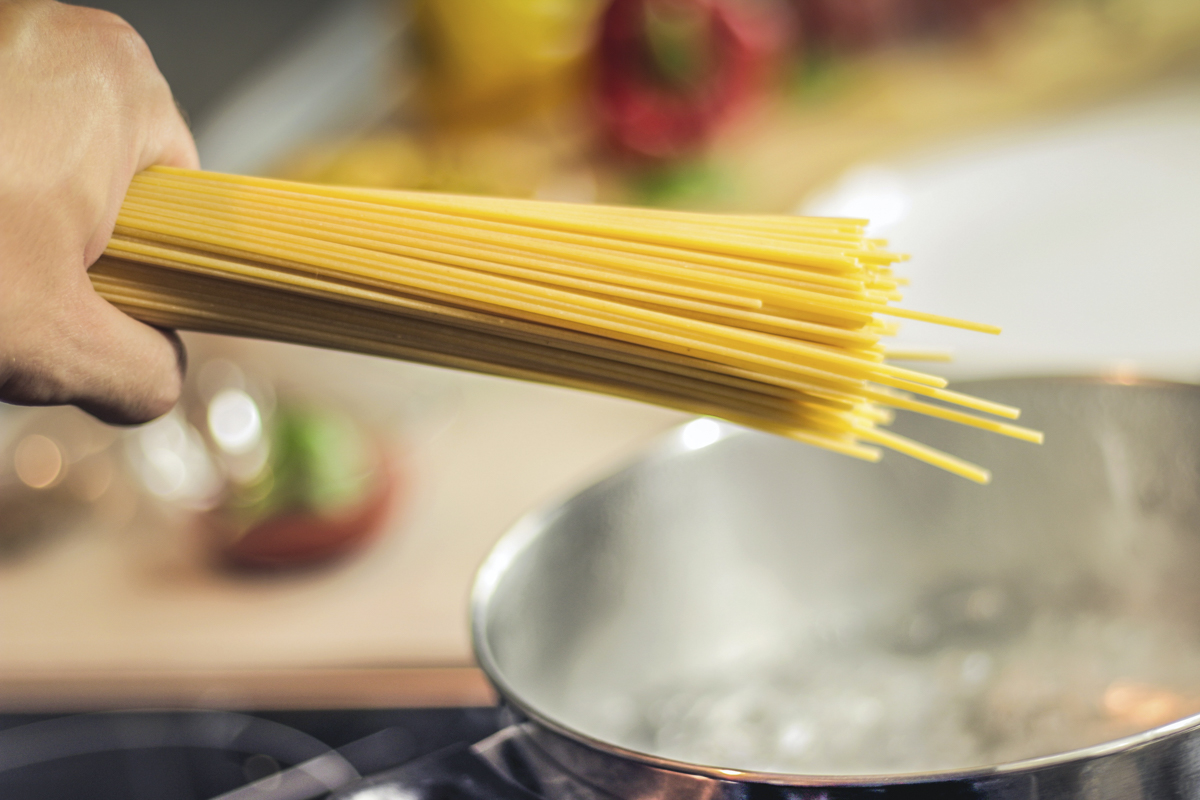
What are the foods that contain them in greater quantities?
The “rule of the four Ps” is always current: bread, pasta, pizza, potatoes they are among the major sources of carbohydrates, but contain them in abundant quantities all cereals (e.g. rice, barley, spelled) or i legumes (chickpeas, lentils, beans, peas), the fruitor even all sweets or fizzy drinks.
Those contained in these foods are all carbohydrates, but they are also very different from each other…
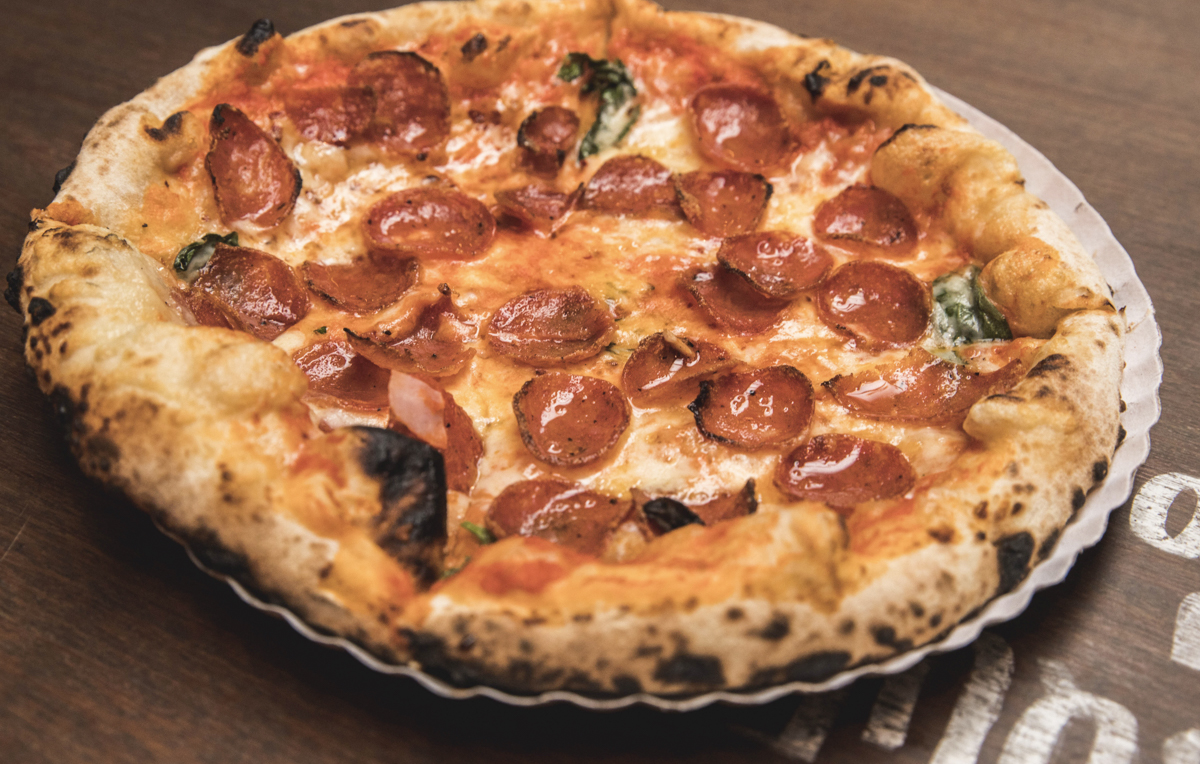
Carbohydrates are not all the same: why and which ones to favor?
We’ve already said at least a couple of times that not all carbohydrates are created equal. Simplifying a lot, we can make two major distinctions: simple (like sweets) or complex (like 4P); refined or wholemeal.
The distinction between simple and complex carbohydrates is based on their chemical structure.
Simple carbohydrates, traditionally defined as sugars, have a short structure made up of one or two molecules and for this reason they are rapidly transformed into glucose and quickly absorbed by our body.
Complex ones, on the other hand, consist of multiple sugar molecules (polysaccharides) and therefore require more time to be broken down, transformed into glucose and used by the body. The classic example is starch.

The distinction between refined or integral, however, concerns the Working process.
Refined cereals (usually white) are subjected to a process (refining, in fact) which deprives them of the external part, the bran. This increases storage times, but also reduces fiber and vitamin intake.
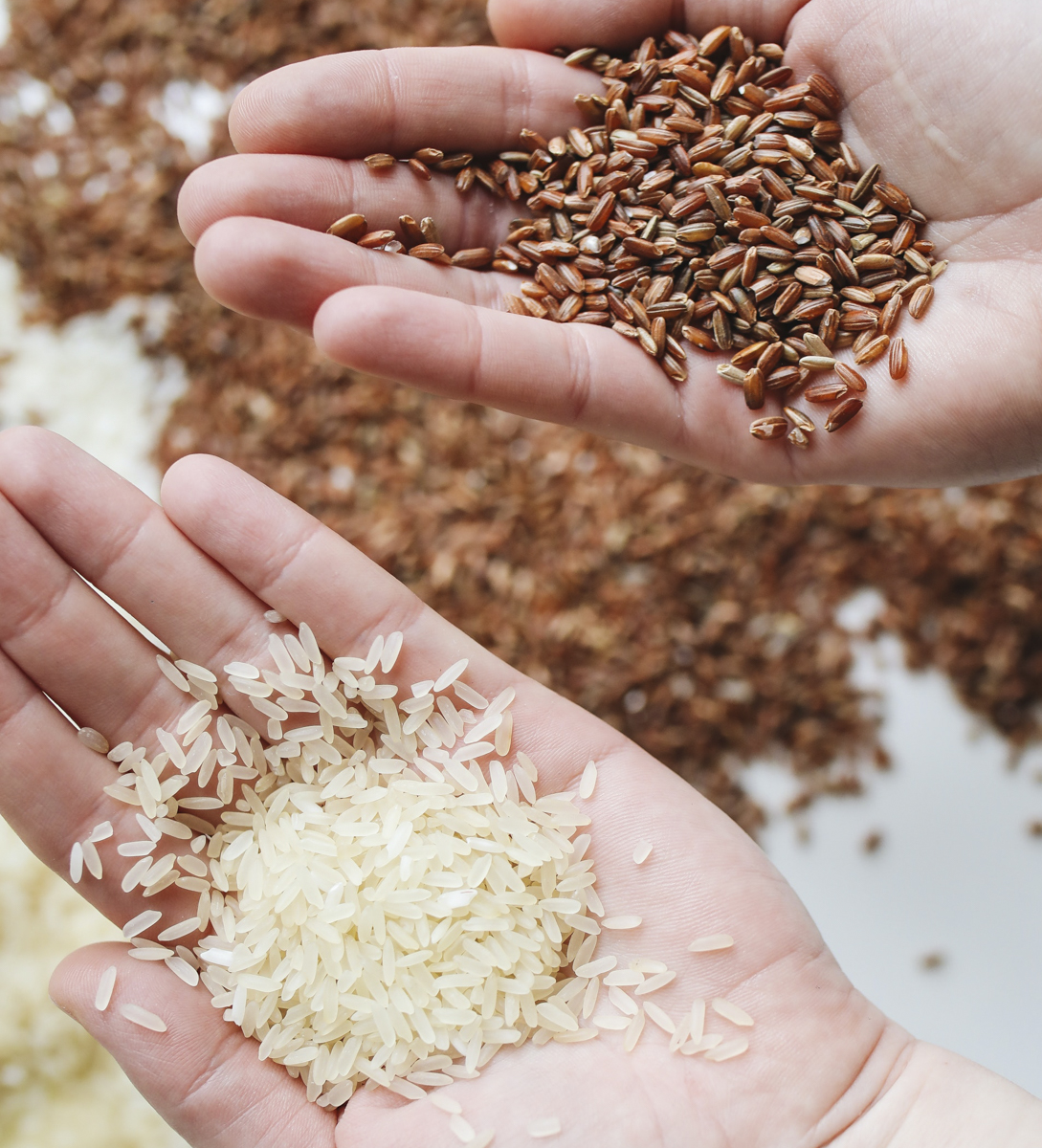
There is no carbohydrate source that is always better than the others: each has its moment and optimal use.
In general we can say that simple carbohydrates are faster than complex ones, and refined ones are faster than integral ones.
Fast sources are more suitable for consumption during sports, while slower ones will be better before and after.
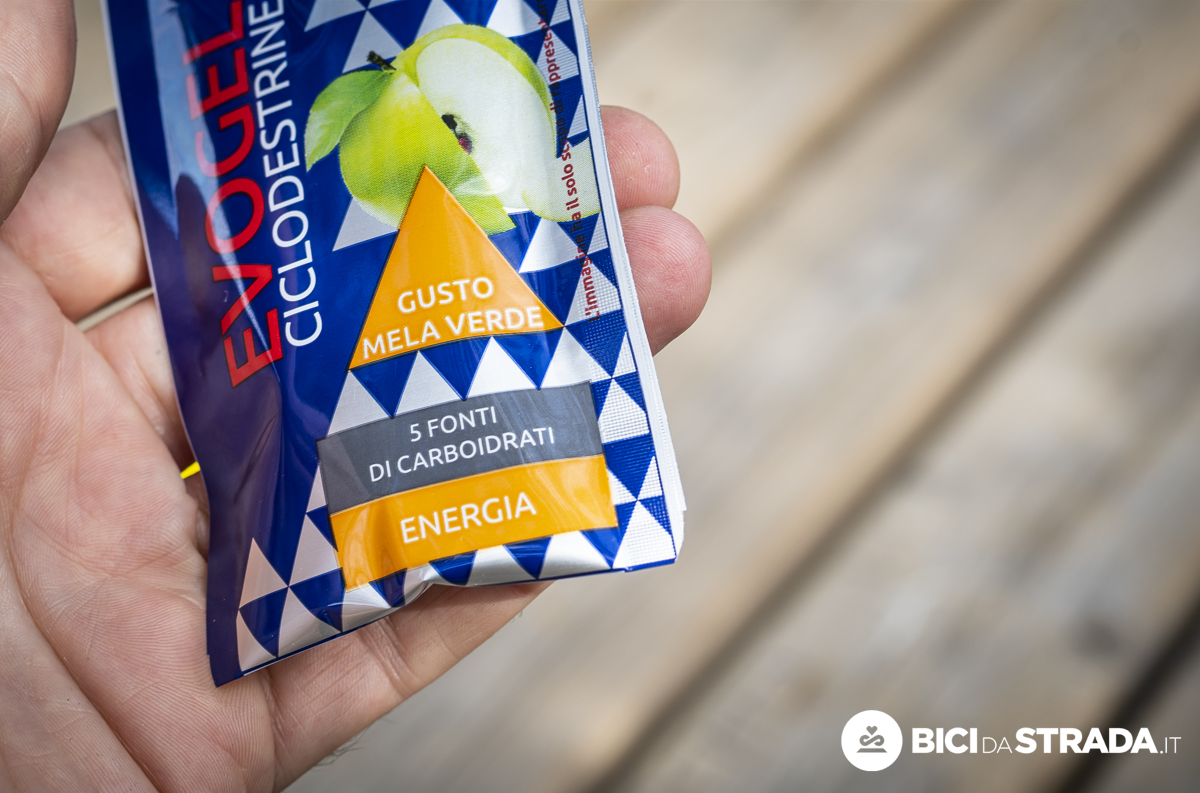
Be careful though, better to avoid whole grains and legumes in the meal before an outing by bike: they could prove to be too slow in digestion, with the risk of causing an annoying heaviness in the stomach.
Therefore, to be more precise, among the complex carbohydrates before leaving it will be better to prefer the refined ones.
Outside of physical activity, however, it is better not to exceed with simple sugars, which increase the production of insulin, the hormone that keeps the blood glucose level under control and tends to convert sugars into fat (but of this We’ll talk about it in another episode).
Furthermore, constant hyperglycemic states due to an excess of simple sugars can have a pro-inflammatory action.
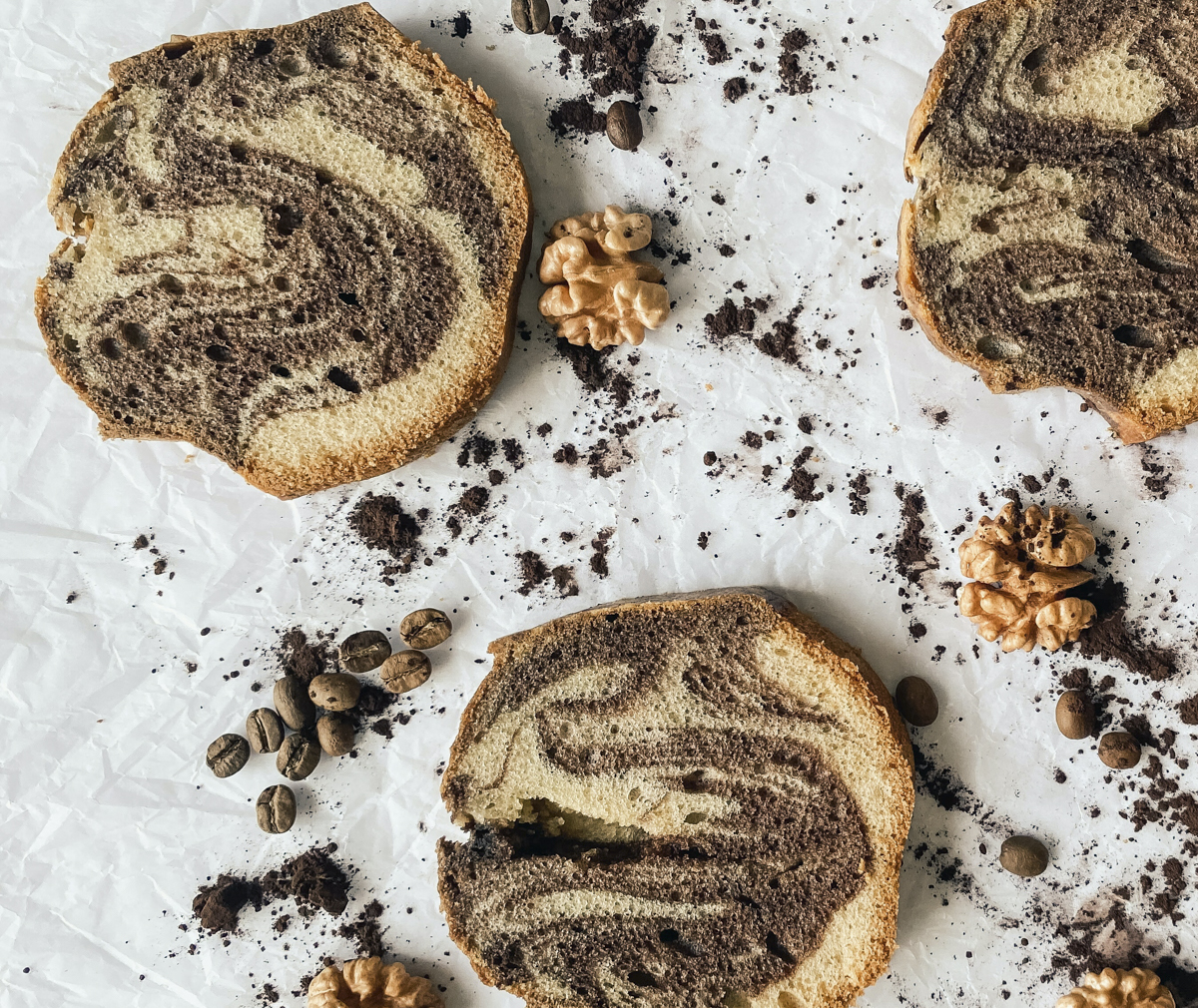
Are whole foods better than refined foods?
Depends. Each source has its best application in a given context.
Wholemeal foods are richer in fiber, vitamins and mineral salts, promote bowel regularity, help to fill up faster.
In short words, they are more nutritious and they are excellent if we want a food that gives us good stomach satisfaction with few calories (such as in moments when we need to keep our weight under control).
Furthermore, they have a lower glycemic index than refined foods, therefore, with equal quantities, they involve a lower release of insulin, the hormone necessary to keep the blood glucose level under control.
They are certainly to be preferred for those who do not exercise, or for athletes during periods (or days) of rest or low physical activity.
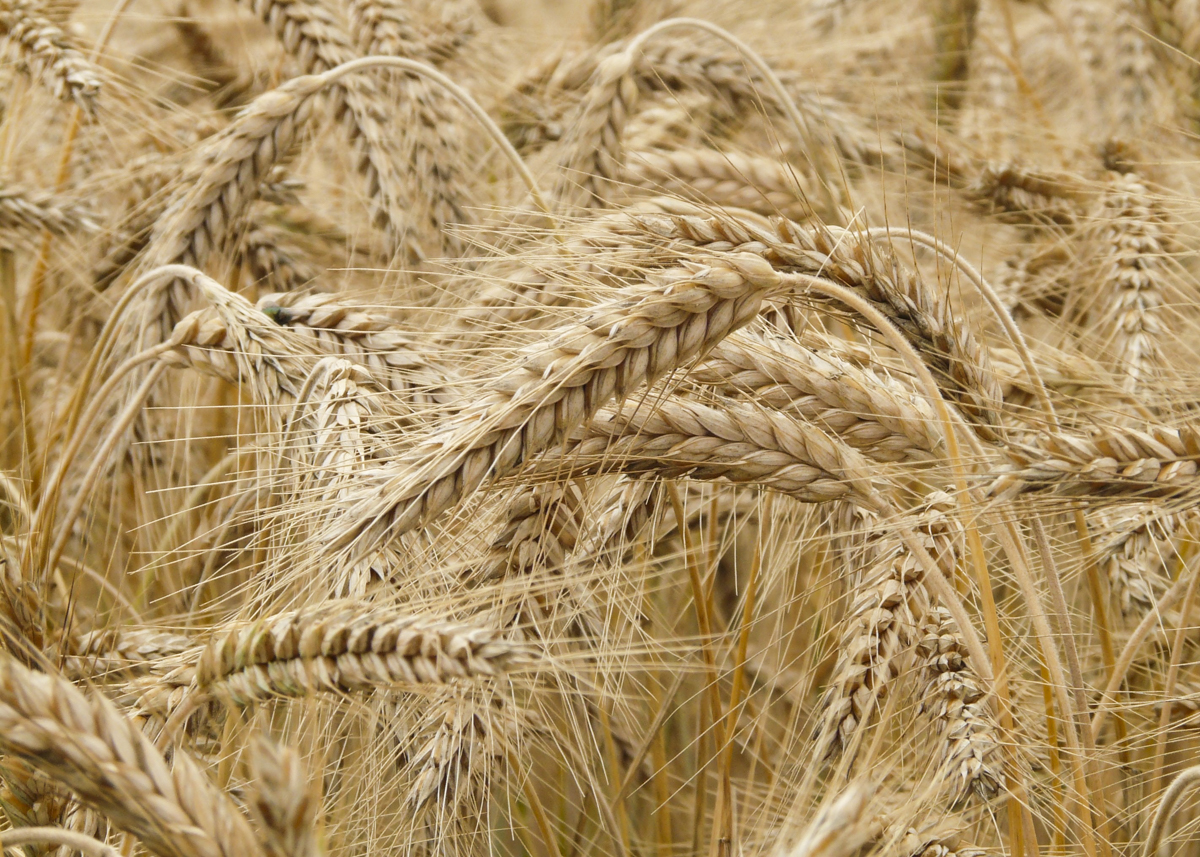
At the same time, whole carbohydrates are less suitable for pre-sport meals due to their slower and more cumbersome digestibility, which could give an annoying prolonged sense of heaviness while pedalling.
They are also not very suitable in the pre-long carbohydrate loading and post-workout recovery phases: in these cases a refined carbohydrate guarantees greater energy assimilation with less digestive effort.
If you want to know more, you can find all our articles on nutrition HERE.
